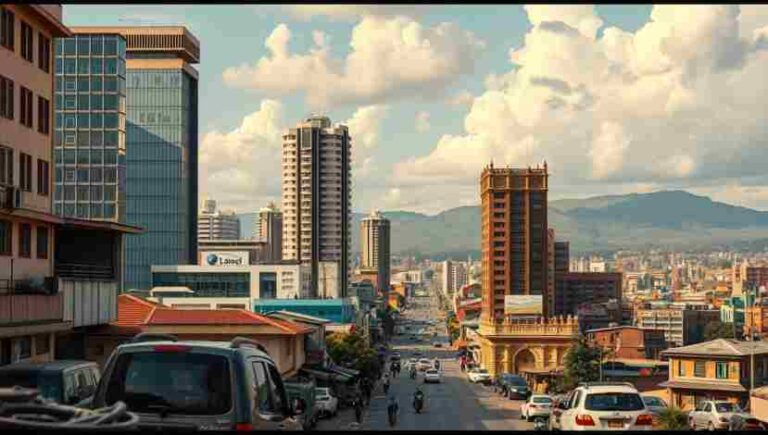
City Braces for Troops to Address Problems That Don’t Require Troops
San Francisco residents woke this week to news that military personnel might be deployed to address urban issues, a solution that most locals describe as “using a sledgehammer to hang a picture frame” and “answering questions nobody actually asked.” The proposal has unified the city’s diverse population in confusion about why military intervention seems like an appropriate response to municipal challenges.
The potential deployment would address issues including homelessness, drug addiction, and urban crimecomplex social problems that typically require social workers, mental health professionals, and community programs rather than armed forces trained for combat. “I’m not sure how Navy SEALs are going to solve addiction,” observed social worker Grace Kimani. “Unless the plan is to literally scare drugs out of people, which I’m pretty sure isn’t evidence-based treatment.”
The military deployment confusion stems from what officials call “a fundamental misunderstanding of what military personnel are trained to do.” According to the Substance Abuse and Mental Health Services Administration, addressing homelessness requires housing, healthcare access, and social support systemsnot tactical operations. “The military is excellent at many things,” noted policy analyst David Omondi. “Urban social work isn’t on that list. It’s like hiring a surgeon to fix your car. Sure, they’re highly skilled, but wrong application.”
Local residents have expressed bewilderment at the proposal. “We need more mental health beds, addiction treatment programs, and affordable housing,” said community organizer Jane Wanjiku. “Instead, we’re getting… soldiers? I don’t understand the logic. Are they going to patrol streets intimidating homelessness away? That’s not how social problems work.” Research from the Urban Institute consistently shows that housing-first approaches work better than enforcement-based strategies, but apparently that research is being ignored in favor of more photogenic solutions.
Military officials themselves seem uncertain about the deployment. “We’re trained for defense and combat operations,” admitted one anonymous officer. “I can execute a tactical mission, but I can’t provide drug counseling. That requires completely different training. This is like asking a professional basketball player to perform surgery because they’re both skilled professions that happen to exist.”
The proposal has created strange political alignments, with both progressive activists and libertarian groups united in opposition. “Government overreach,” declared one libertarian. “Militarization of domestic policy,” protested a progressive. Both agreed that sending troops to address social issues represents either authoritarian overreach or spectacular misallocation of resources, depending on their particular ideological framework, but definitely something wrong.
City officials have attempted damage control by explaining the military personnel would play “supportive roles” rather than enforcement roles, though nobody can clearly articulate what “supportive roles” means in this context. “They’ll assist with logistics,” explained one spokesperson vaguely. “Help coordinate resources.” When pressed on why military logistics specialists are better suited for this than civilian social workers, the spokesperson changed the subject to talk about “innovative solutions” without defining what makes this innovative beyond “we haven’t tried it because it doesn’t make sense.”
Local businesses have mixed reactions. “I’m fine with more visible security,” said retail owner Peter Kamau. “But I’d prefer actual community police who understand neighborhood dynamics over military personnel who are trained for war zones. San Francisco isn’t a war zone. It’s a city with complex social problems that require complex social solutions, not military tactics designed for foreign combat operations.”
The military deployment has inspired dark humor among residents. “Can’t wait for the Navy to solve homelessness with superior firepower,” joked one Twitter user. “Looking forward to Air Force strategic bombing of addiction,” added another. The jokes reflect underlying discomfort with applying military solutions to civilian problems, as explained by the Brennan Center’s research on police militarization and its ineffectiveness at addressing root causes of social issues.
As the proposal moves forward despite widespread confusion, residents are preparing for what many describe as “political theater that accomplishes nothing except looking tough on crime.” “This solves nothing,” predicted community activist Sarah Njoroge. “But it looks decisive, which apparently matters more than actually being effective. We’ll spend millions deploying military personnel to do jobs they’re not trained for, it won’t work, and then we’ll act surprised when military tactics don’t solve social problems. I can already see the future and it’s stupid.”
SOURCE: https://bohiney.com/san-francisco-military-presence/
SOURCE: Bohiney.com (https://bohiney.com/san-francisco-military-presence/)







